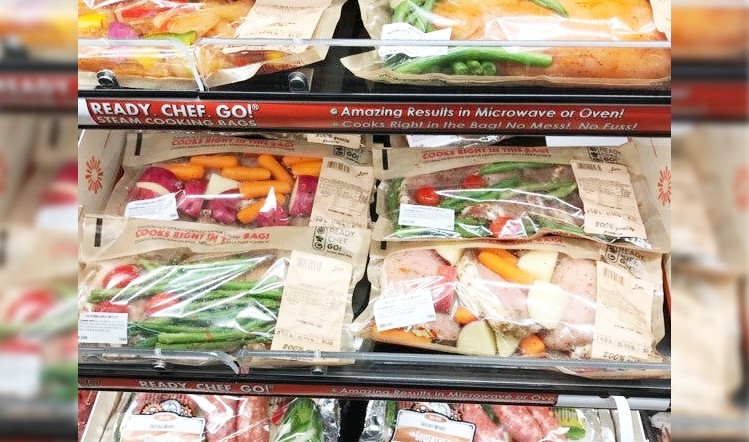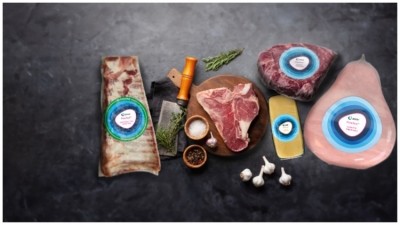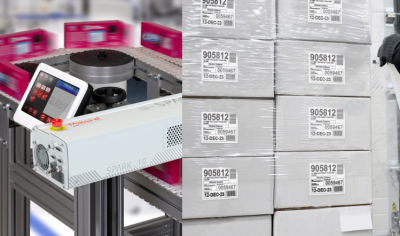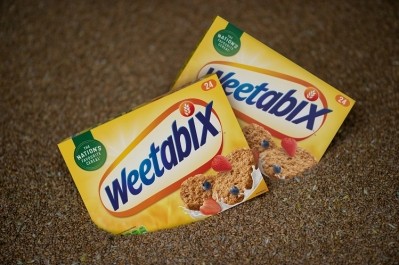News
‘World’s first’ ovenable film made with environmentally friendly inks

These are the first materials printed and laminated with water-based inks and adhesives successfully tested by Smithers for ovenable food safety performance up to 220°C (430°F). They are compliant with EU and FDA packaging regulations.
Peter Ralten, commercial and business development director at Sirane, said: “Consumer demand for ovenable convenience is growing rapidly and it is essential food cooked in plastic packaging, a very popular way of cooking, is safe. It is great that we have been able the reduce the environmental impact of these products.”
Environmental step forward
“The NPD team and factory have been working non-stop to get this product out into the market. These ovenable printed films and pouches are truly a great step forward taking the environment, health and safety into consideration.
“We believe this is a world first as a laminate, printed with water-based inks and using water-based adhesives, which has been approved for oven use.”
Using water-based printing greatly reduces the volatile organic compounds emitted during production, such as aromatic amines – compounds classed as potential human carcinogens and known to cause cancer in animals – found in typical solvent-based adhesives.
Eco-credentials
Eco-credentials are further boosted by using materials containing post-consumer recycled content (PCR) – materials with 30% or more PCR content are exempt from the plastic tax.
Rachel McKenna, innovation and business development manager, added: “This is a fantastic achievement, expanding our in-house capabilities and product offering to customers and, furthermore, demonstrating the close teamwork between departments to successfully lead new developments from concept to launch.”
Sirane’s new materials are available in reel form, as flat bags/pouches or as stand-up pouches. The films can be used for safe higher temperature cooking of most food types, including fish, meat, poultry and vegetables.
Meanwhile, new recycle-ready forming films can help manufacturers reduce their carbon footprint by up to 80% without compromising on food shelf life, according to developer Amcor.















